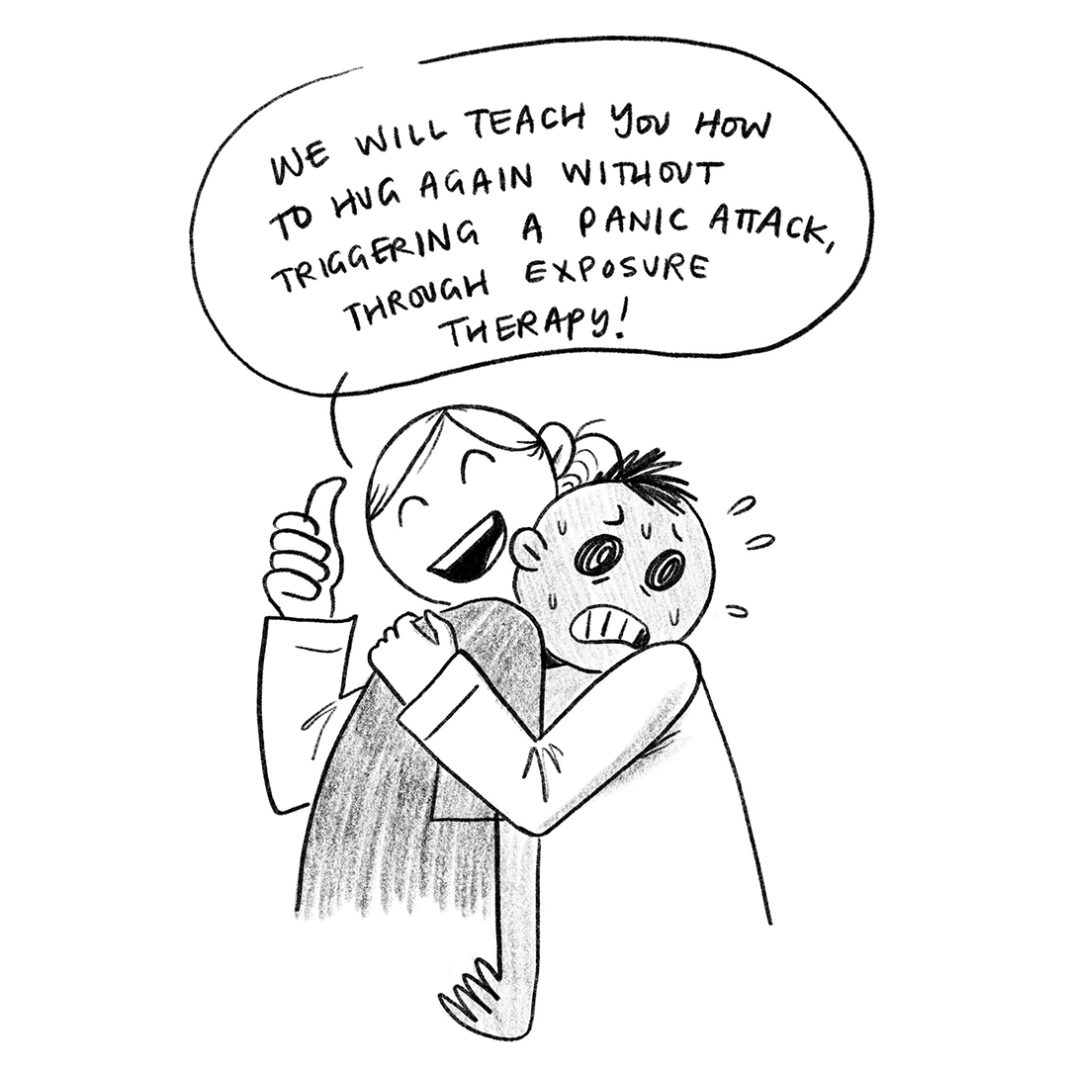If making conversation after months of isolation feels awkward, you are not alone. “I’m at a loss for words. I just don’t know what to say,” explained one friend. “The only thing I talk about is what I’m watching on Netflix. Not exactly riveting conversation,” lamented another.
Bob Morris perfectly captured the uncanny awkwardness of socializing in a recent New York Times article.
“Jumping back into pleasant interactions can feel like returning from a year in the wilderness, a silent meditation retreat or outer space.”
Feeling like a social alien is driving some people to keep to themselves even as restrictions ease. While avoidance shields you from the anxiety of in-person interactions in the short term, it is not a healthy long term solution. For starters, avoidance typically begets avoidance. The more you keep your distance, the more isolated you will feel and the harder it becomes to reconnect.
Decades of research in psychology has shown that the most effective way to disrupt the anxiety-avoidance loop is to confront the anxiety provoking situation head on. This is known as exposure therapy. If someone is terrified of flying, they can avoid air travel altogether but if they want to get over that fear, they need to face it. Treatment for aerophobia often involves exposure through imagined flights, virtual reality, flight simulation, and actual flying.
The key to rebuilding rusty social skills is not to become a recluse but to expose yourself to social situations, albeit awkward ones.
The truth is most people feel like awkward eighth graders at their first dance right now. It’s perfectly normal to feel socially inept after months of isolation.
If you worry about not being witty or charming enough, take heart. A study found that we systematically underestimate how much our conversation partners like us and enjoy our company.
The liking gap exposes the gulf between what we think someone else thinks and what they actually think. After a social interaction, our internal monologues can be remarkably self-critical and negative:
“I bet she thinks I’m a crashing bore?”
“Why did I bring up politics?”
“Was I too nosy?”
“Why did I tell that story?”
The ticker tape of self-doubt distorts perception, leaving us feeling unlikable and uninteresting. In reality, people judge us less harshly than we judge ourselves. In fact, the study suggests that after people have a conversation, they are liked more than they realize.
Conversations are a powerful source of connection. As the authors observe, “Conversations have the power to turn strangers into friends, coffee dates into marriages, and job interviews into jobs.” So, don’t shy away from talking to others. It might take a little while to feel normal in social situations again but the more you do it, the more natural it will become. And remember, the people you interact with will like you more than you know.
Here are some ice-breakers to get a conversation going:
“What was your greatest challenge during this past year?”
“What did you learn?”
“What are you looking forward to?”
“Acquired any interesting new interesting skills or neuroses since last year?”
I wish you all the best,
Dr. Samantha Boardman






